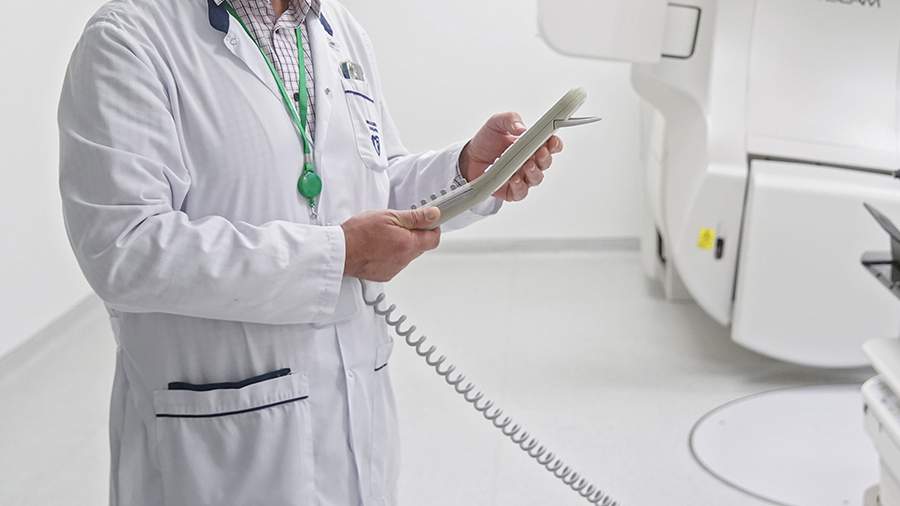Oncologist warns of Helicobacter infection link to stomach cancer

Helicobacter infection plays not the least role in the specifics of gastric cancer. On November 18, Dmitry Belkov, MD, medical oncologist at SM-Clinica, told Izvestia.
"The International Agency for Research on Cancer (IARC) back in the mid-1990s attributed the bacterium Helicobacter pylori to carcinogens of the first type, that is, extremely dangerous to health. Over time, studies of patients with gastric cancer have confirmed the hypotheses of scientists regarding this bacterium," he recalled.
It was discovered by Australian scientists Robin Warren and Barry Marshall. Until the 1980s, the main causes of peptic ulcer disease and gastritis were considered stress and bad habits. Warren and Marshall radically changed the old views of the problem. In 1982, they conducted studies of patients with ulcers and gastritis, during which they discovered a small green bacterium living in the stomach, Belkov specified.
"Later, scientists found out that where the bacterium settled, namely - in the lower pyloric section of the stomach, a strong inflammatory process began. Patients could be cured only after a course of antibiotic therapy and complete destruction of Helicobacter. For the discovery of the relationship between the bacterium and the development of GI diseases Marshall and Warren in 2005 were awarded the Nobel Prize, "- said the doctor.
As noted oncologist, for more than 40 years, doctors-gastroenterologists and oncologists have well studied the mechanism of influence of this bacterium not only on the formation of ulcers in the stomach, duodenum, but also cancerous tumors.
"Now we know exactly where exactly the bacterium pylori lives, why and how it manifests itself. For example, it is characterized by amazing survivability, so it is not afraid of even the acidic environment of the stomach. On the contrary, pylori multiplies intensively on the walls of the stomach, releasing a lot of toxic substances, including ammonia. Growing over time to a large colony, bacteria begin to destroy the gastric mucosa and create a fertile ground for the appearance of small ulcers. And if you add to this strong inflammation, then in the future a sick person can not avoid serious consequences, "- Belkov explained.
The most dangerous thing that can happen with gastric ulcer on the background of Helicobacter infection is the development of a cancerous tumor. According to the oncologist, in most cases ulcers that are located in the lower parts or on the outer side of the stomach (the so-called big curvature) grow into cancer. A number of other factors are also important, including the chronic course of peptic ulcer disease and the age of the patient (the older the patient, the greater the risks of ulcer degeneration).
In addition, there is a certain relationship between the size of the ulcer and its transition to cancer, said the specialist. Small ulcers up to 2 cm degenerate into a tumor in an average of 20% of cases, but ulcers larger than 3 cm - up to 80%.
"As many have realized, gastric ulcer is by no means a harmless background disease. It needs to be treated, and the sooner, the more favorable the prognosis for health. And here an important point is early diagnosis and laboratory tests for Helicobacter pylori (urease test). Do not forget that the detection of dangerous bacteria will help doctors to effectively adjust treatment and avoid the development of oncology, "- summarized Belkov.
Earlier, on November 13, nutritionist Larisa Gabdulkhakova told Izvestia about food and products that cause cancer. According to her, the latest research data show that the appearance of oncology is also promoted by high consumption of red meat from grain-fed animals. In this case, there are risks of developing colorectal cancer.
Переведено сервисом «Яндекс Переводчик»
